With warm weather comes bugs, and with bugs come bites, and with bites come itches. From ticks and spiders to mosquitoes and bees, insect bites come in sundry shapes and sizes, but they all commonly pull an itchy, red reaction out of our bodies.
Once a bite fires up our immune system, it's only a matter of time before there's a nagging itch we're seriously aching to scratch – even though we well know we shouldn't. But what can we do? How can we resist this insistent, vexing sensation? Fortunately, there are a number of simple, DIY remedies we can try, and here we'll look closer at a dozen.

Why Do Bug Bites & Stings Itch?
It all goes back to the immune system and its valiant effort to rid our bodies of infection. When a mosquito or other insect pricks our skin, it leaves behind saliva or a bit of venom that is immediately identified as an invader. In response to the bite, our bodies release histamines (a type of protein) to signal that there's something not cool going on. In turn, lymphocytes (a type of white blood cell) rush to the infected area, expanding and multiplying, and consequently irritating all the nerves around them, resulting in ... an itch. Dermatologist Neal B. Shultz explains:
Itching is a low-grade form of pain. The mosquito (or bug) is injecting a material into your skin that causes inflammation, which is redness, swelling, tenderness and heat. That then becomes an itch. The body's natural reaction to the bite is to release histamine, a compound that signals an allergic reaction, which causes itching.
And there you have it. So now that we know why we're itching, let's delve into what we can do to alleviate our impulse to scratch. Note that any kind of scratching will only prolong the misery as doing so creates openings in your (protective) skin, giving way to bacteria and possible further infection. So remember always: Don't scratch!
What Store-Bought Cures Are There?
As said, the release of histamines gets the ball rolling when it comes to bug bite reactions, which is why antihistamines are a consistently recommended treatment. You can get a topical antihistamine (like Benadryl cream or lotion) at your local pharmacy, big-box store, or supermarket. You can also try hydrocortisone anti-itch creams such as Cortizone 10 or Gold Bond.

Cortisol, more commonly known as hydrocortisone, is a hormonal steroid that basically stimulates anti-inflammatory or anti-irritant devices in your body, helping to ease the sensation of the itch.
What About Remedies from Home?
If you don't want to run to the store or are looking for something more natural (and right now!) to assuage your itch, you're in luck as remedies could be as close as your kitchen cupboard, freezer, or backyard.
#1: Apply Heat to the Itch
Heat causes histamines to disperse all at once, freeing you of their concentrated focus on the infected area. You can easily apply heat using a warm washcloth, with a hot coffee mug, by running warm tap water over the itch, or taking a hot shower or bath. Even a hair dryer will work.
The downside to the heat method is that it's only a temporary fix. By dispersing the histamines all at once, the itch may come back even stronger since your system now thinks it has to send back more proteins to the bite location. After some time, the histamine production will restart, and your itch will resume to itch.
#2: Cool Down the Itch Site
Similar to heat therapy, a cold pack or a cube of ice can also take the itch out of bites. If you don't have an ice pack, you can always get creative by holding a cold glass of water to the bite area or even some ice pops (like Otter Pops).

The drop in temperature will slow the production of blood cells in the infected site and also numb the nerves, so the itching sensation will almost immediately stop. Cold is actually a better approach than heat because rather than dispersing the histamine proteins, it simply causes the body to produce less.
#3: Soak the Itch in Baking Soda
If you have a ton of bites (sorry about that!), soaking in a baking soda bath might be your best option. Being alkaline, the bicarbonate of soda will help neutralize pH levels at the infected site(s). To do so, add about a cup of baking soda to a tub of warm water, hop in, and relax for 30 minutes to an hour.

If you don't need a full-body soak, you can make a paste to selectively apply instead. Mix two parts baking soda with one part water and stir until a paste forms, then apply to the itch.
#4: Coat the Itch with Oatmeal
If you've ever been to a spa, you might have gotten a nice oatmeal face treatment. Commonly used in pricey lotions and face washes, oatmeal has a bunch of surprising benefits (beyond making yummy cookies). While it may not look very appealing, the rolled oats actually do wonders for the skin.

The fats in oatmeal help moisturize the skin while the proteins create a thin barrier that protects it from outside forces. For small areas, oatmeal can be applied as a paste (half oats and half water). Plain steel cut oats are suggested for best results.
If you need a full-body remedy, you can also bathe with colloidal, or super finely grained oatmeal. Just dump a cup or two into your warm bath water and soak for 30 minutes. The oatmeal will soothe your skin and dull the irritation caused by all those bug bites.
#5: Apply Mud to the Itch
If you're out camping, you can easily find mud for this DIY. Simply apply a thin layer to your bite to relieve the itch and/or swelling. At home, you can quickly make your own, too, with a bit of backyard soil and water. It's Mother Nature's natural skin care product and one of the oldest, proven remedies you can find. Plus, it's free!

#6: Soothe the Itch with Honey
Known around the world as a natural antibiotic, honey has been used to treat burns as well as dry skin and chapped lips. Considering all this, it's not surprising it can also be used to soothe insect bites. Simply apply a dab of honey to your bite location for fast itch relief.
#7: Fight the Itch (Infection) With Fruit
Citrus fruits are naturally anti-itch and anti-bacterial, which makes them perfect for bug bites. If you have a lemon or an orange, squeeze the juice onto the bitten area or even rub it with the peel. It may burn a little bit (lemon juice on a cut?!) but after the initial jolt, you should feel the itchiness start to taper off.

#8: Dull the Itch with Rubbing Alcohol
Although I've never tried pouring Jameson on a bug bite (such a waste), you can use isopropyl alcohol, also known as your common household rubbing alcohol. The mixture usually comes in a 90% solution, which will be more than enough to help clean the bite and dull the itch. Use a cotton swab or cotton ball. You can also use alcohol wipes.
#9: Neutralize the Itch with Vinegar
If you don't have any rubbing alcohol in the medicine cabinet, vinegar is a great stand-in. Apple cider vinegar is best (less acidic), but you can use any kind you've got on hand. Just like the rubbing alcohol, use a cotton swab or cotton ball to apply the vinegar to the itchy spot. This remedy is also similar to that of baking soda.

#10: Rid the Itch with an 'X'
What? By using your fingernails to press an "X" directly onto the bite, you can push the histamines away from the irritated spot. This can lessen the itching for a little while, buying you some minutes. Every minute counts in the battle against scratching.
#11: Distract Your Brain from the Itch
While your brain is a pretty impressive organ, it can still be outsmarted. For some reason, the mind seems to only register one kind of pain at a time; so if you slap an itch, the itching will cease as the brain processes the mild thwack you just gave yourself. Obviously, this again is not a permanent fix, but if you don't have anything else available, it's an option for temporary relief.

#12: Again, Refrain from Scratching That Itch
We circle back to square one: No matter how tempting it is to scratch, do not do it. Keep in mind that this seemingly instant relief is really just exacerbating the itch, reopening the site and aggravating the initial bite. It may feel like it's getting better, but take a look: it's much worse!
Prevention Can Also Help with Bug Bites
Our bodies all react differently to the bites and stings of insects, from no reaction at all (for the lucky) to the most severe allergic reaction known as anaphylaxis. If you experience this, immediate medical attention is needed. Please seek it! The home remedies above are for the most common reaction, which are overall mild (though can feel agonizing). The goal is to relieve you of discomfort and, of course, keep you from scratching.

Indeed, warm(er) weather invariably means bugs, and the odds of you getting bit are all the more likely during this time of year. To help with this, try some prevention. For instance, consider the time of day you're outdoors. Many insects are most active during the times of dawn and dusk, so if it can be helped, stay indoors then. Wearing long sleeves and long pants when outdoors is another measure you can take to out-maneuver insects, as is applying bug spray.
However, unless we seal ourselves indoors during the spring and summer, we're going to get bit at some point. And when we do, it's good to know that there are easy enough steps we can take to remedy the dreaded itch. Hopefully one of the above solutions will work for you, and hopefully you don't have to go through all 12 before you find success! However, if so, perhaps enough time will have passed for your itch to have gone away on its own. And maybe that can be no. 13!
Just updated your iPhone? You'll find new emoji, enhanced security, podcast transcripts, Apple Cash virtual numbers, and other useful features. There are even new additions hidden within Safari. Find out what's new and changed on your iPhone with the iOS 17.4 update.
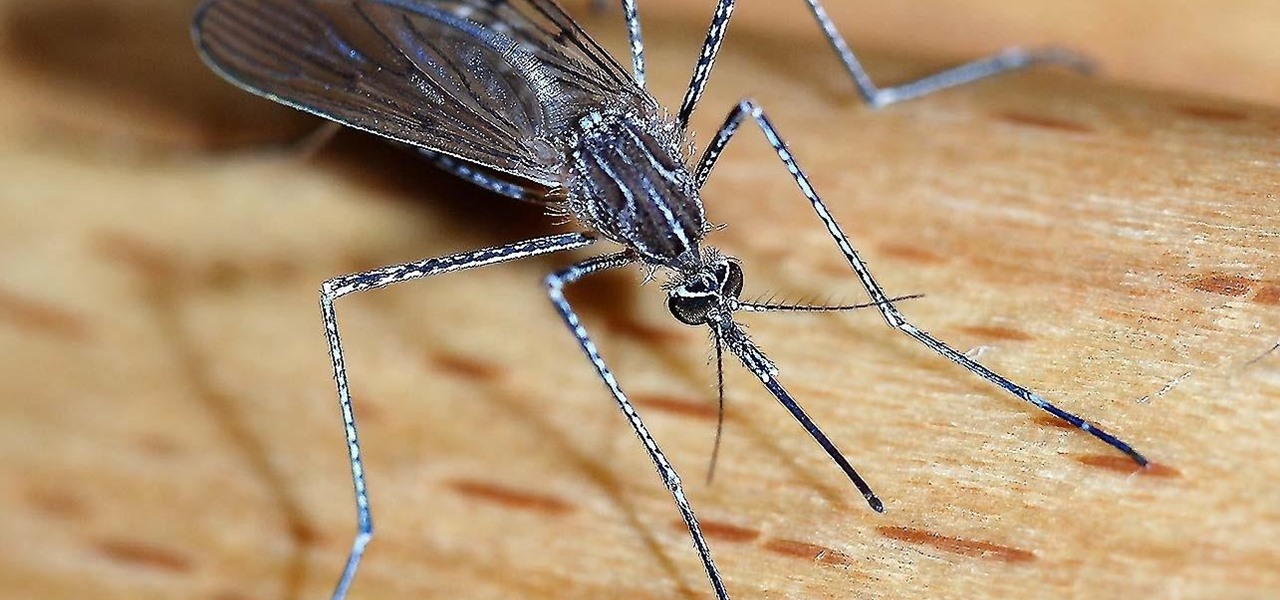


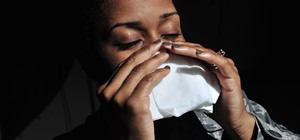
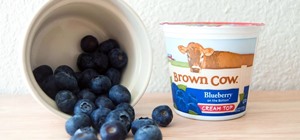
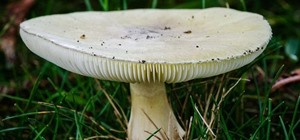
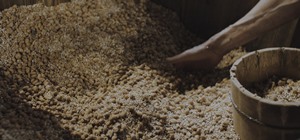
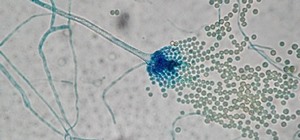

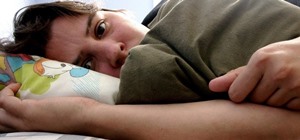

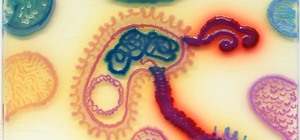
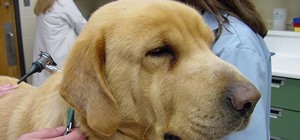





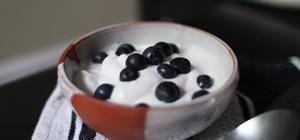
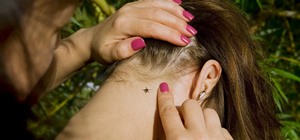
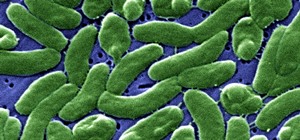
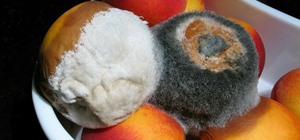
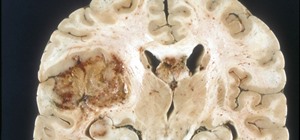
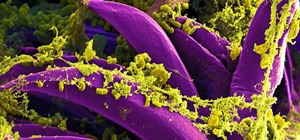
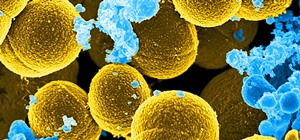
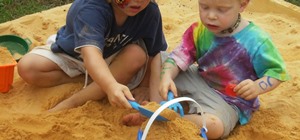
7 Comments
Taking Benadryl or antihistamine tablets is probably better than the topical cream; that way it affects the whole body and gets any itches that you might have missed. Helps for poison ivy/oak as well.
Just wash the bite areas with soap and water first and pat dry. Use a cotton pad or cotton ball and dab Milk of Magnesia on the bites and it does quiet them down nicely. It might have to be repeated, but for now the 65 bites are quiet. I am a R.N., and had been trying Benadrl capsules but that makes one sleepy.
You could also get some water in a jug then boil the water then grab a metal spoon then once the water is nice and hot and boiled just pour the boiled water over the metal spoon on the back side of the spoon and then just hold it in the itchy bit or any kind of bit then it should go away just keep doing that each night until it goes away and it will sting or hurt for a little while but you get used to it
Wont that burn you
Capsaicin actually works if you don't mind the burning feeling. I put it on wasp stings and mosquito bites and it quits itching after a minute or so.
Also, make sure to keep your grass cut. tall grass is very wet close to the soil and that is where most of those bugs like to hang out. and don't leave any buckets or cup or anything that can fill with water when it rains.
What do ya know the honey thing actually worked
Share Your Thoughts